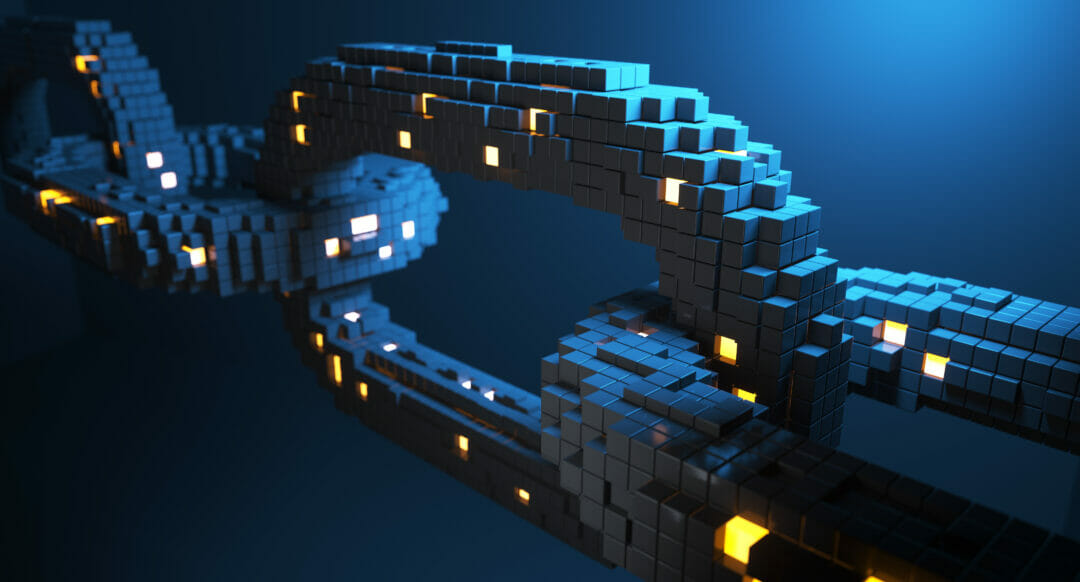The new rules from the Government-backed UK Jurisdiction Taskforce (UKJT) look to address uncertainty, encourage fast resolution of disputes, and foster increased confidence for businesses in adoption of digital technology, including blockchain, crypto assets and smart contracts.
The legislation release follows the publication of the UKJT’s legal statement on the status of cryptoassets and smart contracts under English and Welsh law in November 2019.
According to the document displaying the rules, they will not apply automatically, and must be agreed to in writing by the parties involved either before or at the point where the dispute arises.
One notable feature of the rules is that they allow parties to resolve their disputes by an arbitrator, rather than by a judge in court, which can be a more time-consuming and costly process.
They have also been drafted to provide maximum flexibility to adapt to as yet undeveloped technologies, and to reach a resolution to disputes quickly and efficiently by arbitrators with appropriate technical expertise and enabling on-chain implementation of decisions.
The UKJT will keep a close watch on how the Digital Dispute Resolution Rules are used, with an aim to consider whether further development or revision would be needed within the coming year, based on user feedback.
How blockchain could play a relevant role in putting Covid-19 behind us
“I am delighted to welcome the publication by the UK Jurisdiction Taskforce of the ground-breaking Digital Dispute Resolution Rules,” said Master of the Rolls, Sir Geoffrey Vos, chair of the UK Jurisdiction Taskforce and LawtechUK Panel member.
“International business is rapidly adopting the use of digital documentation and on-chain smart contracts.
“The Rules aim to provide a process for speedy and cost-effective resolution of disputes originating digitally.
“They will hopefully give global businesses greater confidence to adopt and utilise new digital technologies.”
Jenifer Swallow, LawtechUK Director at Tech Nation, commented: “Analogue ways of doing business will be widely restructured and digitised in the coming years, increasing efficiency and transparency.
“Methods of dispute resolution must keep pace. The Digital Dispute Resolution Rules are a step change in that evolution and in enabling wider confidence and adoption of these technologies – underpinning those readily-available today and capable of adapting to those yet to be developed.
“This is an exciting next step in the UK’s leadership at the forefront of business, law and technology, and also demonstrates how simple legal processes can be.”
Next steps for first LawtechUK Sandbox revealed as pilot draws to close
Growing markets need regulation
The use of these technologies in business has rapidly gained in popularity in recent years, with corporations such as JP Morgan currently utilising smart contracts.
The business benefits of smart contracts include enhanced security and cost reduction, and the smart contract market is predicted to reach $345.4 million by 2026.
However, there has been a lack of consistency in how legal disputes relating to these types of technologies should be resolved, leading to lengthier and more costly processes.
The full Digital Dispute Resolution Rules from the UKJT can be found here.







